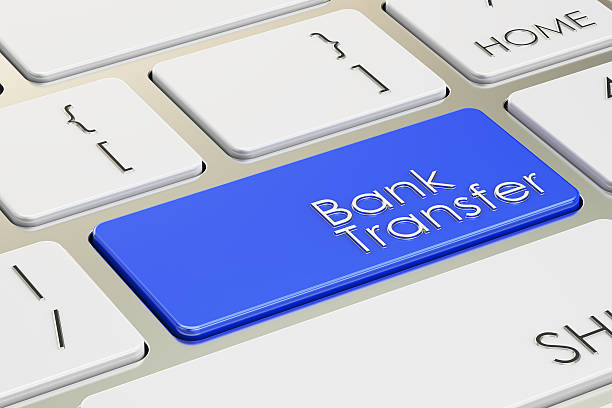Listing of Bank Routings and Bank Locations
Bank routing directory state-by-state
AK
AL
AR
AS
AZ
CA
CO
CT
DC
DE
FL
GA
GU
HI
IA
ID
IL
IN
KS
KY
LA
MA
MD
ME
MI
MN
MO
MP
MS
MT
NC
ND
NE
NH
NJ
NM
NV
NY
OH
OK
OR
PA
PR
RI
SC
SD
TN
TX
UT
VA
VI
VT
WA
WI
WV
WY
Explore bank branches and locations on a state-by-state basis
Frequently asked questions about bank routing numbers:
What is a bank routing number?
A bank routing number, also known as the routing transit number (RTN), is a nine-digit code used in the United States to identify a specific financial institution. It is primarily used for directing electronic transactions, such as ACH transfers, wire transfers, and direct deposits.
Where can I find my bank's routing number?
You can typically find your bank's routing number in the following places:

On your checks: The routing number is usually printed on the bottom left corner of your checks.
Online banking: Log in to your online banking account, and the routing number is often listed in the account details or settings section.
Bank's website: Visit your bank's official website, navigate to the customer support or FAQ section, and search for routing number information.
How many digits are in a bank routing number?
A bank routing number in the United States consists of nine digits.
Are routing numbers the same for all branches of a bank?
No, routing numbers can vary between different branches of the same bank. Each branch or location may have its own unique routing number.
Can I use any routing number for my bank account?
No, you must use the correct routing number specific to your bank and branch. Using the wrong routing number can result in transaction errors or delays.
How do I know if a routing number is valid?
You can validate a routing number by contacting your bank directly or by using online tools provided by reputable financial institutions or routing number directories.
Are routing numbers standardized across different countries?
No, routing numbers are specific to the United States. Other countries have their own systems and codes for identifying financial institutions and directing transactions.
Can I transfer funds using a routing number and account number only?
For domestic transfers within the United States, using the routing number and account number is typically sufficient. However, international transfers may require additional information, such as SWIFT codes or IBANs.
How often do routing numbers change?
Routing numbers do not change frequently. However, they can be subject to change if a bank undergoes mergers, acquisitions, or other significant operational changes. It's important to stay updated with any routing number changes from your bank.
Can I use someone else's routing number for my transactions?
No, you should only use your own bank account's routing number for your transactions. Using someone else's routing number without authorization would be improper and may lead to legal consequences.
Remember, specific policies and procedures regarding bank routing numbers may vary between financial institutions. It's advisable to consult your bank or financial institution directly for accurate and up-to-date information tailored to your specific circumstances.




